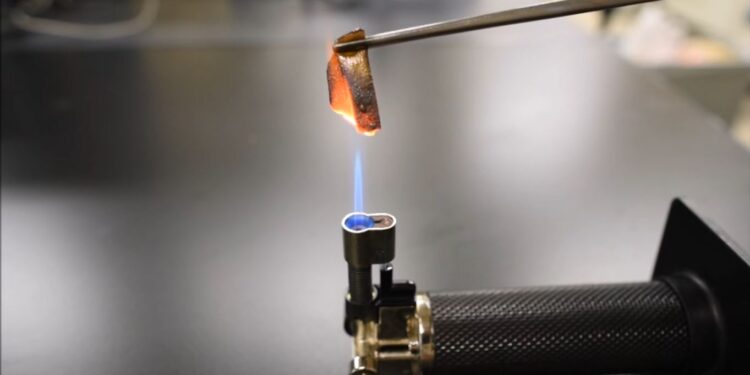The new material, developed in collaboration between two Japanese universities, is totally biological and has the highest resistance to very high temperatures among bioplastics
The world’s industry is moving more and more towards an ecological philosophy. The goal, also set by international agreements, is to reduce the use of fossil fuels to zero by 2050 in favor of renewable and ecological sources. A large percentage of this directly concerns the production of plastics, whose basic components are derived from oil refining products. Several bioplastics are already used but have defects between physical and chemical properties. One of these is the poor resistance to caolre and flame. This greatly limits their possible use on a large scale and their diffusion.
A Japanese research team, which includes researchers from the University of Tokyo and the Japan Advanced Institute of Science and Technology, presented a very interesting bioplastic. the bhe study was published in the journal Advanced Sustainable System. Bioplastic is produced from a cellulose-based biomass, the same widely used to obtain paper and cardboard. The main components are cellulose, hemicellulose and lignin, three natural polymers that represent 90% of the material from which wood is made.
The researchers have exploited two particular aromatic molecules to bind together the different cellulose chains, ideally mimicking the vulcanization process of tire plastic. The result is a bioplastic that resists temperatures up to 740°C, a result never achieved before. The bioplastic has low density, comparable to those of Kevlar, Kapton and Zylon. The two properties make the new polymer suitable to replace many components used in complex weight-sensitive systems, such as motors for electrical machines. Bioplastics can also be used as heat-resistant insulation to create high-performance electrical devices. The discovery opens the door to a new scientific era for lightweight materials and a more sustainable society.
You may also be interested in -> Here is the infinitely recyclable plastic

































